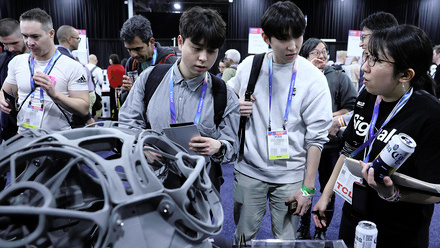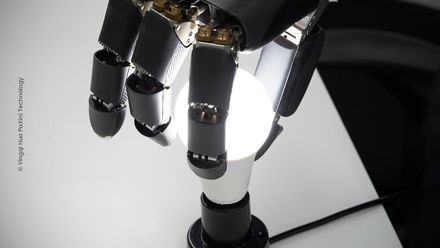Finding the right focus
The UK’s Artificial Intelligence Safety Summit held earlier this month at Bletchley Park in the UK was a reminder of the increasing role AI will play in our future. Human factors thinking is well placed to make a significant contribution to the development of the technology, but where should we be focusing our attention?
An article in the journal Ergonomics has highlighted three main areas where our profession could be making a major difference. It lists them as: “Decisions on automation versus augmentation of human work; alignment of control and accountability for AI outcomes; counteracting power imbalances among AI stakeholders.”
In the article, author Gudela Grote also suggests how ergonomics and human factors professionals can play a greater role in shaping the future of AI, arguing that their knowledge is “desperately needed”. This includes translating ethical principles into design principles, widening the remit of human factors and making the most of new research opportunities and collaborations.
The article adds: “HFE expertise could and should significantly contribute to the socially and economically viable development and use of AI. Translating ethical into design principles, opening up to broader multi-stakeholder perspectives, and engaging in interdisciplinary collaboration within a design science framework are discussed as measures to achieve that.”






